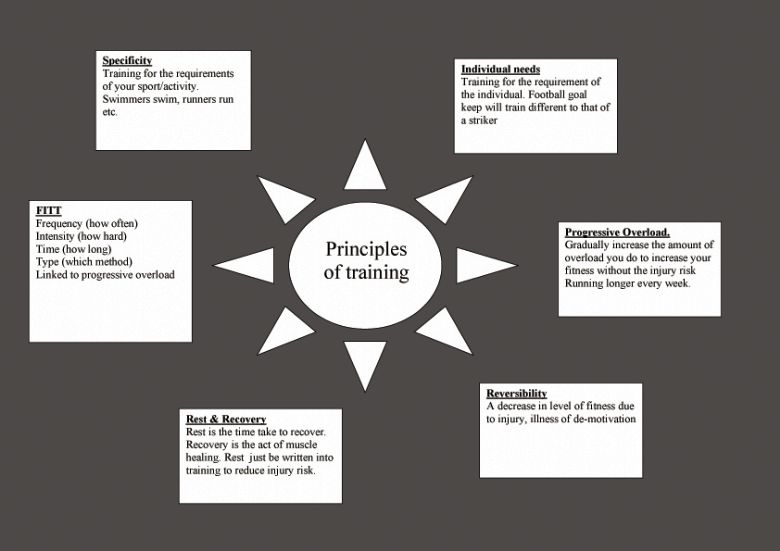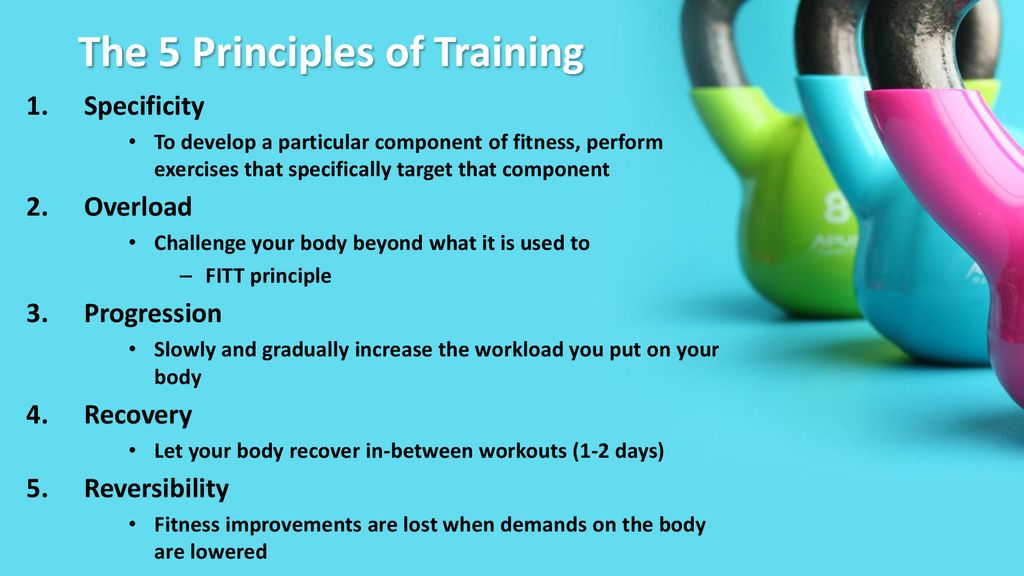Unlocking Success: Exploring The 10 Major Principles Of Training
What Are The Principles Of Training
Keywords searched by users: What are the 10 major principles of training principles of training pdf, what are the 7 principles of training, sport principles of training, specificity principles of training, 5 principles of training, what are the principles of training in physical education, principles of training overload, components of fitness
What Are The 11 Principles Of Training?
The 11 principles of training encompass essential guidelines for effective physical training. These principles are crucial for achieving fitness goals and optimizing performance. Here is a comprehensive list of these principles:
-
Specificity: Tailor your training to match your specific goals and objectives. This principle emphasizes that your workouts should be designed to target the exact aspects of fitness or skills you want to improve.
-
Overload: To make progress, you need to challenge your body beyond its current capabilities. Overload involves increasing the intensity, duration, or frequency of your workouts gradually.
-
Adaptation (Rest and Recovery): Your body needs time to recover and adapt to the stresses of exercise. Rest and recovery periods are essential to prevent overtraining and promote growth.
-
Progression: Continuously increase the demands of your workouts to ensure ongoing improvements in performance. Gradual progression is key to avoiding plateaus.
-
Plateau, Regression, and Reversibility: Recognize that progress isn’t always linear. Plateaus may occur when your body adapts to your routine, and regression can happen if you don’t maintain consistent training. Reversibility highlights that gains can be lost if you stop training.
-
Maintenance/Regularity: Once you’ve reached your fitness goals, maintaining your progress requires regular, consistent training. Consistency is key to preserving the gains you’ve made.
-
Individualization: Recognize that everyone’s body is unique. Customize your training program to suit your personal needs, limitations, and preferences.
-
Warm-up/Cool-down: Properly prepare your body for exercise with a thorough warm-up and aid recovery with a cool-down. These routines help prevent injuries and reduce muscle soreness.
By understanding and applying these 11 principles of training, you can create a well-rounded and effective fitness regimen tailored to your specific goals, while also ensuring long-term success and injury prevention.
What Are The 12 Principles Of Exercise?
The 12 principles of exercise serve as foundational guidelines for developing various capacities in physical fitness. These principles ensure effective and safe progress in one’s fitness journey. They encompass Specificity, which emphasizes tailoring exercises to meet specific goals. Progressive overload is another key principle, encouraging a gradual increase in resistance to continually challenge the body. It’s important to acknowledge that adaptation may occur at a slower pace compared to one’s younger years. Finding a balance between training intensity and allowing for adequate recovery is crucial. A proper warm-up and cool-down routine are essential for injury prevention and optimal performance. Additionally, incorporating flexibility training promotes joint mobility and range of motion. Strength training should be a consistent focus throughout the year, providing a solid foundation for overall fitness.
What Are The 9 Principles Of Training?
The nine fundamental principles of training, crucial for every personal trainer to grasp, are as follows:
- Individualization: Tailoring exercises to suit the unique characteristics and needs of the individual undergoing training.
- Specificity: Ensuring that the exercises chosen align with the specific goals and objectives of the individual.
- Overload: Introducing a level of intensity that challenges the individual’s current capabilities, promoting growth and development.
- Progressive Overload: Gradually increasing the intensity or complexity of exercises over time to continue stimulating progress.
- Variety: Incorporating a diverse range of exercises and activities to engage different muscle groups and prevent monotony or plateaus in progress.
- Rest and Recovery: Recognizing the importance of adequate rest periods to allow the body to repair and adapt to the demands of training.
- Reversibility: Acknowledging that gains achieved through training can be lost if regular exercise is discontinued.
- Maintenance: Incorporating a sustainable level of activity to preserve the progress made and prevent regression.
- Adaptation: Recognizing that the body adapts to training stimuli over time, requiring periodic adjustments to the training regimen to continue making progress.
Understanding and applying these principles ensures that training programs are effective, safe, and tailored to the unique needs of each individual.
Discover 41 What are the 10 major principles of training





Categories: Discover 51 What Are The 10 Major Principles Of Training
See more here: future-user.com

The 10 principles of fitness training are Specificity, Overload, Progression, Individualisation, Recovery, Variation, Reversibility, Balance, Warm-up and Cool Down, and Cardiovascular/Respiratory Endurance. Each principle should be followed to ensure that your body is being challenged in the best way possible.
- Principle 01: Specificity.
- Principle 02: Overload.
- Principle 03: Adaptation (Rest and Recovery).
- Principle 04: Progression.
- Principle 05: Plateau, Regression and Reversibility.
- Principle 06: Maintenance/Regularity.
- Principle 07: Individualisation.
- Principle 08: Warm-up/Cool-down.
- Specificity. …
- Progressive overload. …
- Be prepared to adapt slower than you did as a kid. …
- Train intensely. …
- Use intensity sparingly. …
- Always warm up and cool down. …
- Do flexibility training. …
- Strength train all year round.
- Individualisation. Exercise should be specific to the individual completing the training. …
- Specificity. …
- Overload. …
- Progressive Overload. …
- Variety. …
- Rest and Recovery. …
- Reversibility. …
- Maintenance.
Learn more about the topic What are the 10 major principles of training.
- What are the 10 principles of fitness training?
- The Principles of Physical Training
- 12 training principles for masters athletes
- Exercise Principles | Certified Fitness Coach – NZIHF
- 8 Must-Know Principles of Exercise – North Vancouver chiropractor
- BBJ Fitness Corner | The 7 principles of exercise | Sports – Marianas Variety
See more: future-user.com/your-money
Trả lời